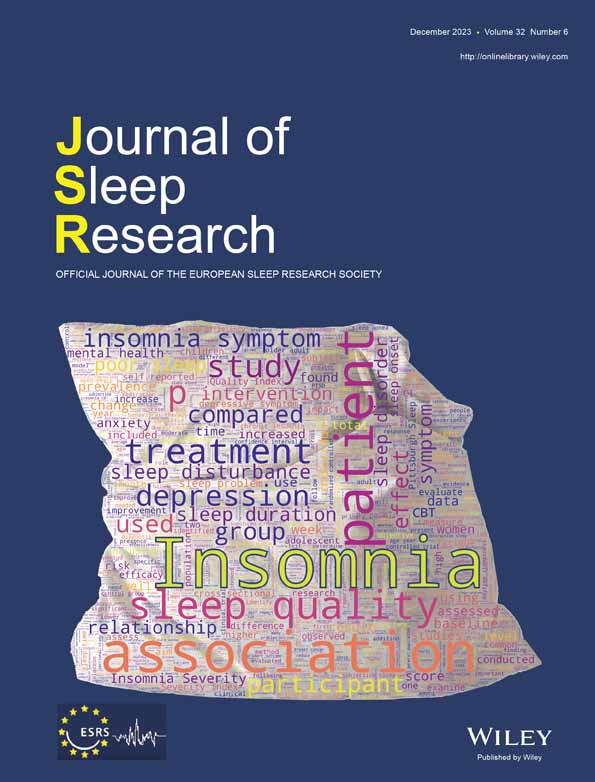New study investigating associations between subjective sleep measures and CSF biomarkers of AD

The past years were very productive and efficient for the EPAD project. In this piece, we wanted to reflect back on some of the important advances and major achievements made by each Work Package (WP).
WP1 (Scientific challenges)
- Creation of 5 Scientific Advisory Groups (SAGs) – Clinical and Cognitive Outcomes, Fluid Biomarkers, Genetics, Imaging and Life Style/Non-Pharmacological Interventions
- Development of recommendations/advices by the SAGs for the EPAD Register, Longitudinal Cohort Study (LCS) and the Proof of Concept (PoC) trial in order to recruit patients on a “risk spectrum”
- Establishment of the EPAD LCS Research Access Committee and the EPAD Research Access Process (ERAP) for data and sample access requests through the WizeHive Zengine tool
- Preparation of a state of the art report on the role of lifestyle as protective or risk factor for Alzheimer’s disease and on the perspective of non-pharmacological interventions (Lifestyle and non-pharmacological interventions SAG)
- Creation of a proposed protocol for a Primary Prevention EPAD Cohort as a post-IMI sustainability strategy
WP2 (Statistical/Methodology Engine Room)
- Disease modelling work focused on the development of Alzheimer’s disease risk models using historical/existing data, with the ultimate aim of translating and tailoring these models to the EPAD LCS
- Development of an efficient analysis method for clinical trials and using LCS data to demonstrate the improvements
- Analyses of the EPAD LCS data
- Delivery of the V500.0, V1500.0 and V500.1 data releases
WP3 (Parent Cohorts and EPAD Register)
- Creation of the EPAD Register built from a collaborating set of Parent Cohorts
- Creation of software and platform to support the discovery and/or proposing of suitable participants and provide an alternative recruitment route for rapid inclusion of certain high-value participants
- Development of an online graphic tool called ‘Subject Enrolment in EPAD’ (SEEPAD), so EPAD partners could visualise many aspects of the whole research participant recruitment process
- Publication of several manuscripts on the EPAD Registry and the prescreening for EPAD Trial-Ready Cohort
WP4 (EPAD Cohort and EPAD Trials)
- May 2016: First participant screened for the LCS
- December 2017: 10 Trial Delivery Centers opened
- February 2018: 500 participants screened for the LCS
- June 2018: First letter of intent signed by an intervention owner and first appendix writing group kick-off meeting for the PoC Platform
- July 2018: Launched PoC platform and had first EPAD booth at AAIC in Chicago
- September 2018: 1000 participants screened for the LCS
- April 2019: Second letter of intent signed by an intervention owner to join the PoC Platform
- December 2019: The number of trial ready participants (Amy + and CDR 0.5) had increased to 9.7% from 5% at the beginning of 2019.
- December 2019: 30 TDCs had been opened compared to 21 at the beginning of 2019
- March 2020: Over 2000 participants screened for the LCS before closure
WP5 (Project Management)
- 9 amendments of the IMI Grant Agreement, including 2 project no-cost extensions
- 2 amendments of the Project Agreement
- Organisation of 5 General Assembly meetings
- Coordination of 4 Periodic Reports
- Coordination of production – including formal review process – and submission of 63 deliverables
- Work Plan monitoring and follow up on milestones achievement
- Maintenance of internal repository platform (TeamworkPM), distribution lists and internal bulletin production
WP6 (Dissemination)
- Communication activities were carried out in line with the strategy outlined in the Dissemination and Communication Plan with regular updates to the EPAD website, mailing of a quarterly external newsletter and active presence on social media channels
- Numerous dissemination opportunities to present the project and its progress were taken at an increasing number of scientific conferences and events
- More than 30 EPAD videos have been uploaded on the EPAD YouTube channel (i.e. videos, webinars)
- Development of an EPAD Research Gate page to share and download EPAD publications
- Development of 5 press releases and several flyers/brochures
WP7 (Business Model and Sustainability)
- Creation of the 5-component model
- Funding secured for the maintenance of LCS data and samples
- Funding secured for communications, including maintenance of the website
- International Site Network (GAP-EPAD) & Registers– Business plan in place (funding application to happen by end 2020)
- EPAD Academy to potentially expand across the IMI Neurodegeneration portfolio with support from Neuronet
WP8 (Ethical, Legal and Social Implications)
- Developing an ethical framework for the project
- Developing a procedure and supporting materials for the communication of research results to participants as part of clinical trial recruitment
- Conducting research on ethical questions related to risk communication and the experience of EPAD research participants
- Working with sites across the project to set-up the EPAD Participants’ Panel
We would like to thank all the EPADistas and research participants for their work, enthusiasm and dedication to the EPAD initiative.
Related posts







